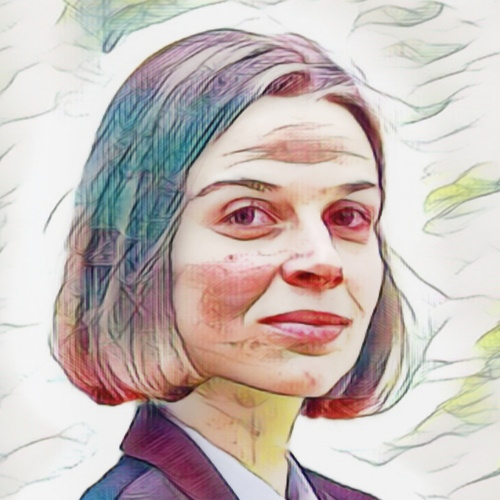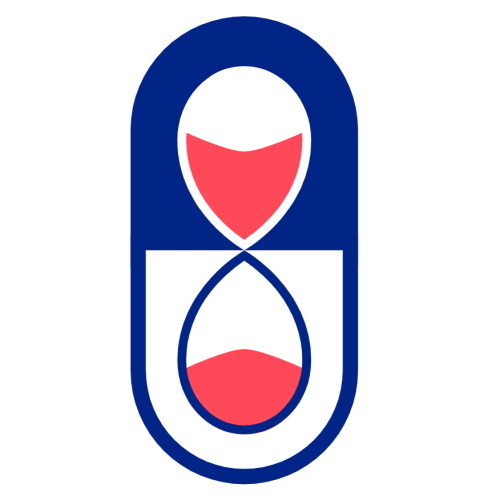Andrea Ablasser
Professor of Life Sciences at the Swiss Federal Institute of Technology Lausanne (EPFL)
Andrea Ablasser is a German immunologist, who works as a full professor of Life Sciences at the École Polytechnique Fédérale de Lausanne. Her research has focused on how the innate immune system is able to recognise virus-infected cells and pathogens.
Andrea Ablasser studied medicine at the Ludwig Maximilian University of Munich (LMU) and completed part of her studies at the Universitaire of Massachusetts and did part of her practical training at Harvard Medical School. When she finished her medical degree in 2008, she was ranked as one of the top ten students in Germany. She wrote a doctoral thesis in the field of immunology and received her doctorate from LMU in 2010. After completing her doctorate, Ablasser followed her thesis supervisor from LMU to the University of Bonn where she worked at the Institute of Clinical Chemistry and Clinical Pharmacology as the head of a junior research group.
Her research focused on DNA sensors that allow the innate immune system to detect whether a cell is infected. She discovered a novel second messenger molecule that is produced by a particular DNA sensor and “alerts” nearby cells when it encounters a pathogen. In 2013, she was awarded the Jürgen Wehland Prize by the Helmholtz Centre for Infection Research for her research on the mechanisms by which the innate immune system recognizes pathogens, and specifically her identification of receptors and regulatory molecules that are activated in virally infected cells.
Visit website: https://en.wikipedia.org/wiki/Andrea_Ablasser
See alsoSwiss Federal Institute of Technology Lausanne (EPFL)
University that specializes in natural sciences and engineering
Details last updated 05-Aug-2023
Andrea Ablasser is also referenced in the following:
ARDD 2023 - 10th Aging Research & Drug Discovery Meeting
28-Aug-2023 to 01-Sep-2023
Event about latest progress in the molecular, cellular and organismal basis of aging organized by University of Copenhagen




